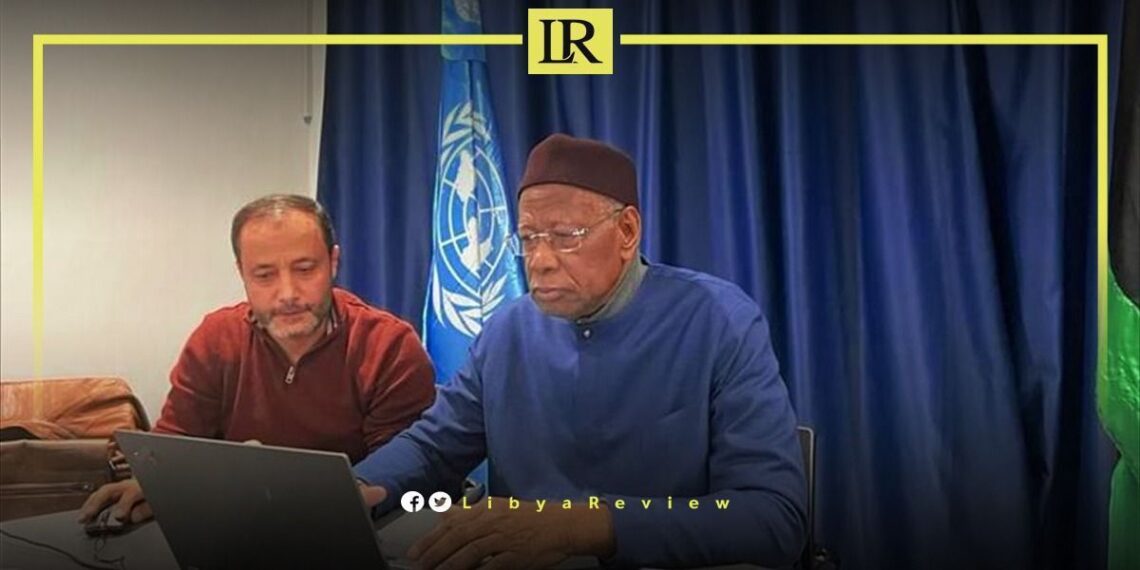Mohamed El Sallak, the former Spokesperson for the Presidential Council, has expressed strong criticism towards the current United Nations (UN) mission in Libya. It labelled the mission as the worst in terms of performance and dynamics the country has seen. In press statements, El Sallak highlighted the mission’s erratic and contradictory policies.
El Sallak pointed out that the UN Envoy, Abdoulaye Bathily’s decision to hold discussions with Abdelhamid Dbaiba, the Head of the expired government, to address the ongoing political stagnation, demonstrates the confusion in the mission’s approach.
This occurred concurrently with a process sponsored by the Arab League in Cairo, involving the three main bodies in the Libyan scene, further illustrating the disarray in the mission’s strategies.
The critique sheds light on the complexities and challenges facing the UN’s efforts in Libya, amid the country’s protracted political deadlock. Stakeholders and international observers are closely watching the unfolding events, as the international community seeks a stable and unified path forward for Libya.
Libya has been in chaos since a NATO-backed uprising toppled longtime leader Moammar Gaddafi in 2011. The county has for years been split between rival administrations.
Libya’s economy, heavily reliant on oil, has suffered due to the ongoing conflict. The instability has led to fluctuations in oil production and prices, impacting the global oil market and Libya’s economy.
The conflict has led to a significant humanitarian crisis in Libya, with thousands of people killed, and many more displaced. Migrants and refugees using Libya as a transit point to Europe have also faced dire conditions.
The planned elections for December 2021 were delayed due to disagreements over election laws and the eligibility of certain candidates. This delay has raised concerns about the feasibility of a peaceful political transition.
Despite the ceasefire, security remains a significant concern with sporadic fighting and the presence of mercenaries and foreign fighters. The unification of the military and the removal of foreign forces are crucial challenges.


